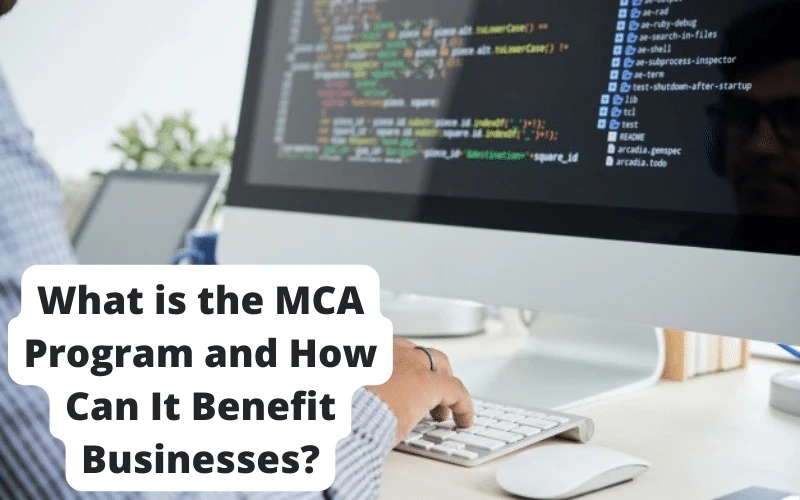The MCA Program is a great way for businesses to get the money they need to grow and expand. It is a program that offers cash advances to business owners who can prove that their business is generating revenue. This program can be a huge help for businesses who are struggling to make ends meet. In this blog post, we will discuss what the MCA Program is and how it can benefit businesses!
The MCA Program is a great way for businesses to get the cash they need to grow and expand. It's a program that offers cash advances to business owners who can prove their business generates revenue. This program can be a huge help for businesses struggling with making ends meet!
In this blog post, we will discuss what MCA Program is all about and how it could benefit you as well! We'll also talk about why MCA might not be right for everyone so if any of these things apply then don't worry - there are other options out there too (such as loans). Read on below:
What Does MCA Stand For? MCA stands for Merchant Cash Advance which means that instead of taking out money from banks or credit unions, business owners receive a lump sum payment in exchange for a percentage of their future credit and debit card sales. MCA providers usually don't require any collateral so it's easier to get approved for an MCA than other types of loans.
How Does MCA Benefit Businesses?
MCA can help businesses with short-term capital needs as well as long-term financing goals. When used correctly, MCA can help businesses grow at a much faster pace - which is why this type of loan has become increasingly popular over the years. There are many reasons why businesses might need access to quick cash, such as hiring new employees, covering marketing costs, or making necessary repairs/updates to their facilities.
MCA is also a good option for businesses that don't meet the requirements of traditional banks: MCA requires less paperwork than other types of loans and provides funds faster. MCA can be used by small business owners who have bad credit scores or no collateral because MCA providers don't require either one! MCA is also a great option if you're looking to diversify your funding sources so that it doesn't rely solely on bank loans (or other debt-based financing).
MCA may not work well with every type of business though; some examples include restaurants where there are high numbers of daily transactions but low average ticket prices. Another example would be companies whose cash flow fluctuates widely month over month due to seasonality factors like tourism seasons changing between summer and winter months or school breaks occurring at different times in different states around the country.
MCA could also be less than ideal for businesses that don't have a lot of credit card sales because MCA providers need collateral on their loans and they are paid back through those sales so if there aren't enough coming in then it won't work out well either way! MCA is still one option worth exploring though - especially since small business funding has been getting harder to find with banks tightening up their lending practices across America's financial landscape over recent years." Also find: Top 6 Job-Oriented Courses After Graduation


